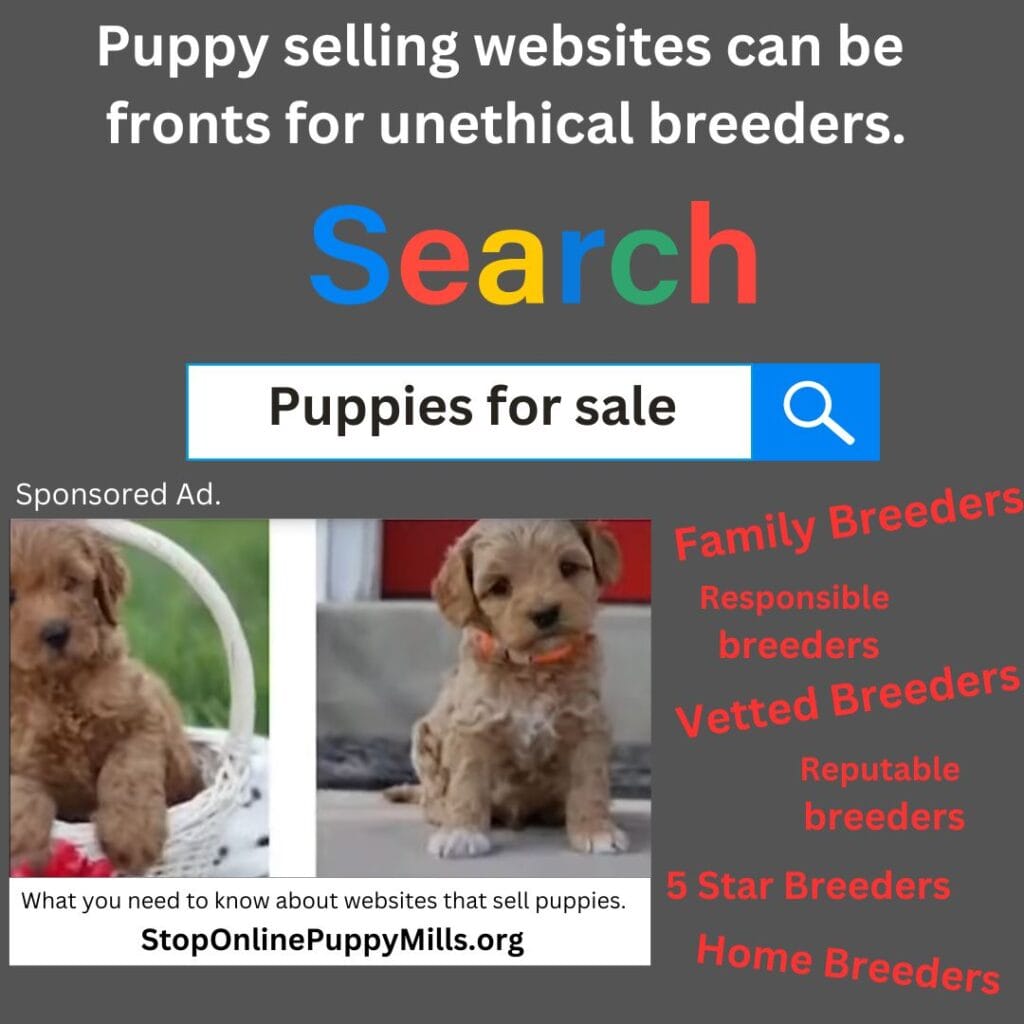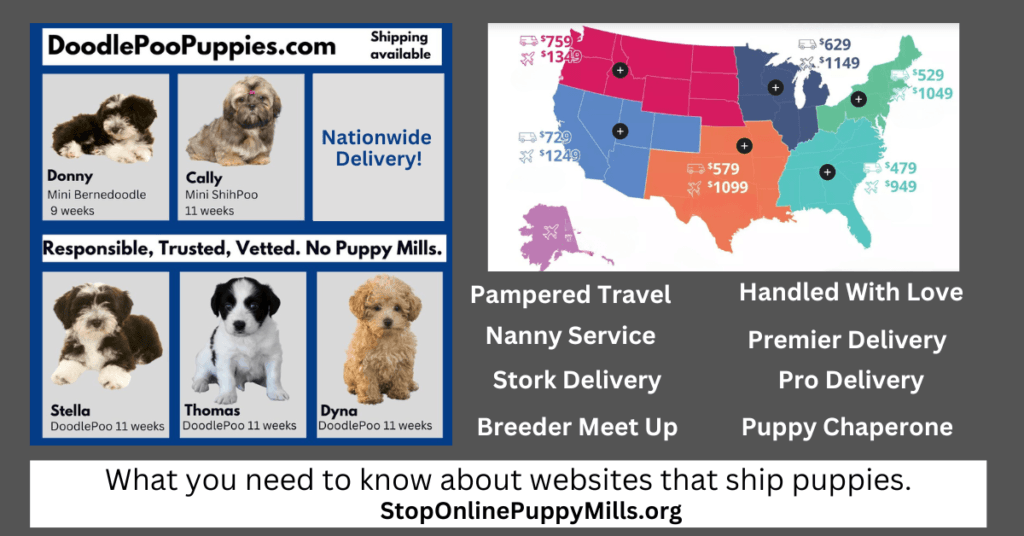Puppy Mill Watchdog
Understanding Puppy Mills and Commercial Dog Breeding in the U.S.
Puppy mills and high-volume commercial dog breeders operate in every state, affecting all dog breeds. While some states have fewer such operations, others are recognized as hubs for these activities due to their prevalence.
What is a Puppy Mill?
A puppy mill is a breeding operation that prioritizes profit over the health and well-being of dogs. These facilities often neglect proper care, leading to conditions that can be considered abusive or cruel. Purchasing puppies from such operations perpetuates this cycle of neglect.
How Puppies Are Sold
Puppies from these breeders are commonly sold through various channels, including:
Online marketplaces
Puppy broker websites
Classified advertisements
Social media platforms
Puppy broker websites, which list hundreds of puppies for sale, often source from breeders licensed by the United States Department of Agriculture (USDA). These USDA-licensed breeders may house large numbers of breeding dogs in confined conditions, keeping them in cages and continuously pregnant to maximize output.
As we said, puppy mill and commercial dog breeders can be found in every state but there are many states that are well known to have these breeders. The Midwest is known as the puppy mill belt. Missouri, Iowa, Arkansas, Indiana, Illinois, New York, Pennsylvania, Ohio, are all well known puppy producing states and hotbeds of puppy industry and commerce.
State licensing data highlights high concentrations of commercial breeding operations in rural areas, including communities with Amish and Mennonite populations in states like Indiana, Ohio, Pennsylvania, Illinois, New York, and Wisconsin.
Stop Online Puppy Mills works to monitor the online sale of puppies, aiming to protect consumers and advocate for ethical treatment of animals. We track unethical breeders and stay informed on legislation to improve conditions for breeding dogs and their puppies.
By understanding the realities of puppy mills and commercial breeding, consumers can make informed choices to support ethical practices and help end the cycle of neglect.






